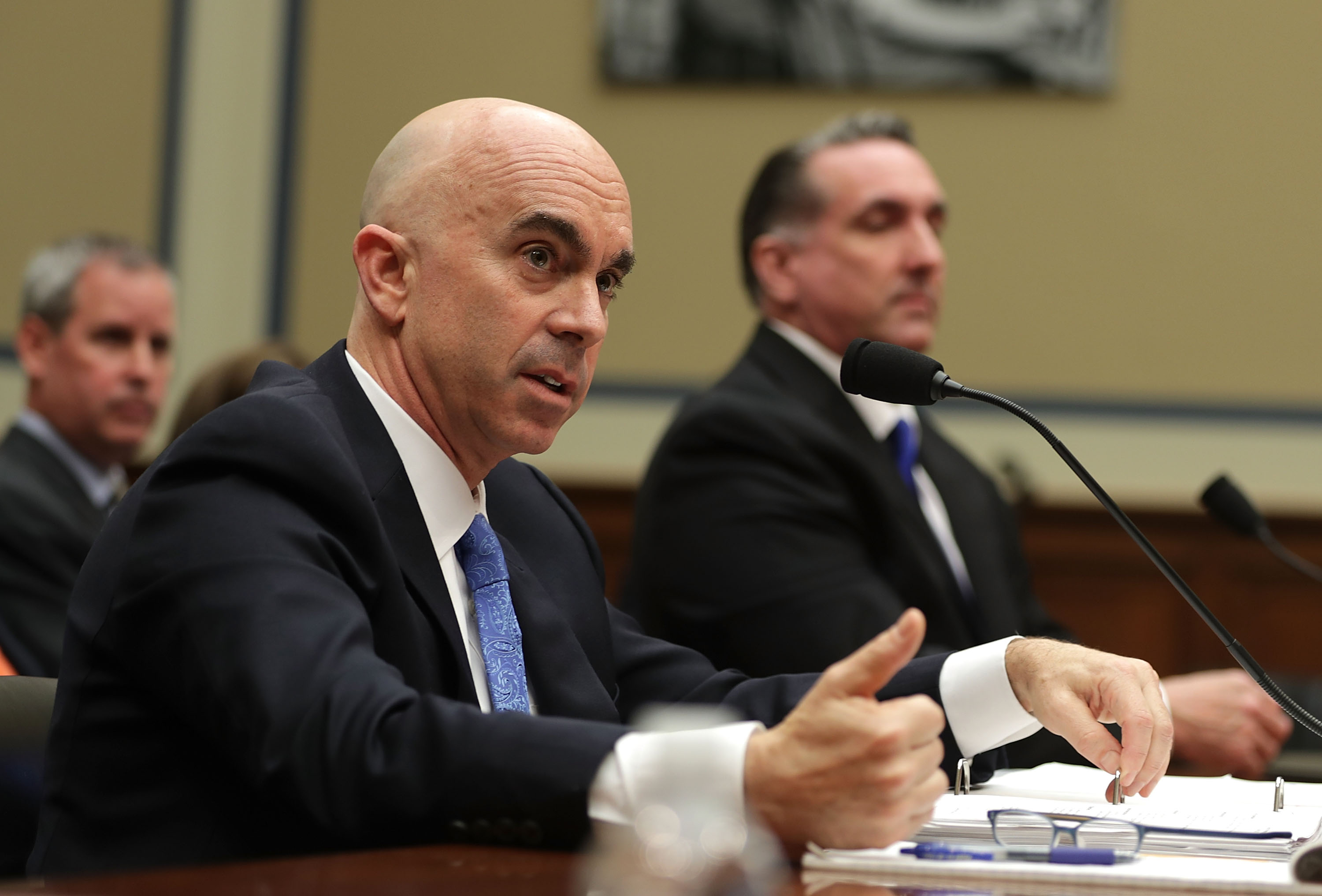
Speaker of the House Nancy Pelosi said the impeachment inquiry into President Trump is "not anything to be joyful about" and called this a "sad time for the American people."
"We take this to be a very sad time for the American people for our country," she said at a news conference. "Impeaching a president or having the investigation to impeach a president is not anything to be joyful about. I don't know that anybody is joyful. But it is a sad time."
Pelosi added that the House had "no choice but to go forward" with the proceedings.
"We see the actions of this President being an assault on the Constitution," she said. "We had no choice but to go forward. It's hard. We want to weigh the equities. We want to be fair as we go forward."












